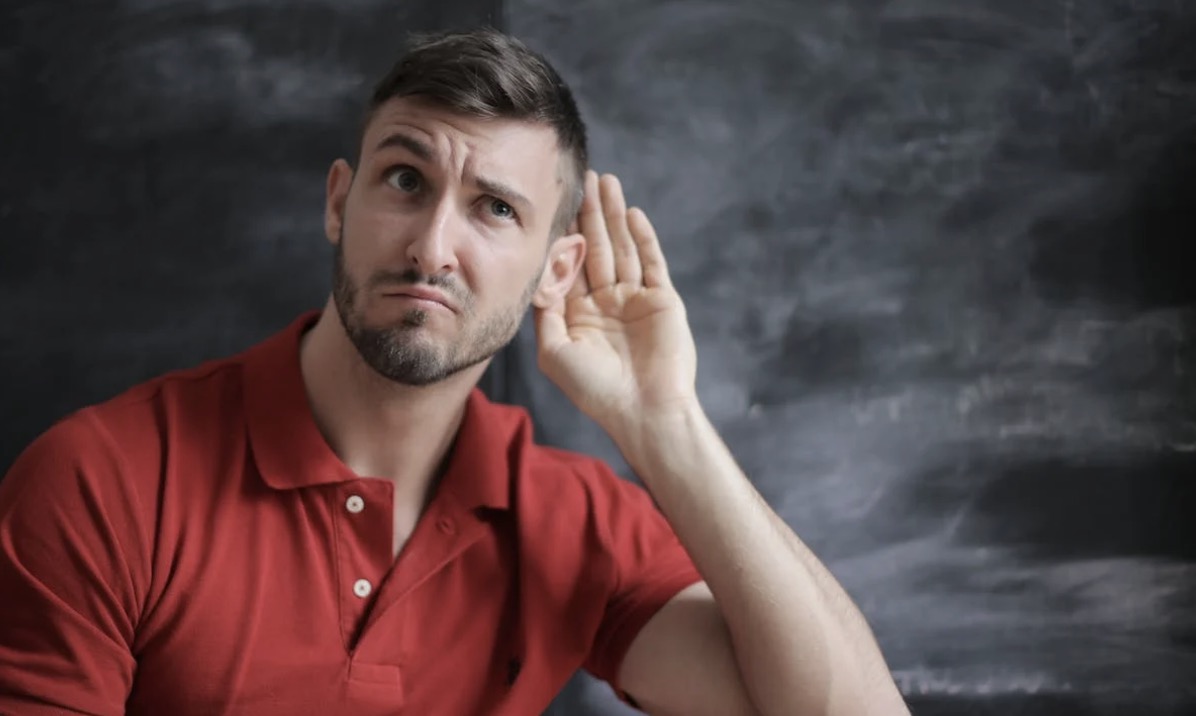Hearing health, often overlooked, is a fundamental component of our overall well-being. It plays a pivotal role in our ability to communicate, socialize, and enjoy life. However, there are several lifestyle factors that could potentially harm our auditory capabilities, jeopardizing our quality of life. These factors range from protracted exposure to loud noises, to certain dietary habits, alcohol consumption, smoking, lack of exercise, improper ear care, and even certain medications.
This document aims to elucidate these seven lifestyle factors that could be inadvertently harming your hearing health, shedding light on how they affect auditory function, why they are detrimental, and what measures can be taken to mitigate their impact. This educational approach will ultimately empower individuals to make informed decisions about their lifestyle choices, contributing to the preservation of their hearing health.
Reader's Roadmap
1. Extended Exposure to Loud Noise
Regular or extended exposure to loud noises, such as those from heavy machinery or loud music, can over time lead to noise-induced hearing loss by damaging the delicate structures within the inner ear. This is known as noise-induced hearing loss (NIHL), and it can be either temporary or permanent, depending on the intensity and duration of exposure. Temporary NIHL occurs when the hair cells in the inner ear are damaged but recover after a period of rest. However, repeated exposure to loud noises without giving sufficient time for recovery can eventually cause permanent damage and irreversible hearing loss. While you should choose the right hearing aids, it’s best to avoid or limit exposure to loud noises to protect your hearing health. Especially if you work in a noisy environment, make sure to use appropriate hearing protection such as earplugs or earmuffs.
2. Certain Dietary Habits
Some studies suggest that poor nutrition, especially a lack of certain vitamins and minerals, can contribute to hearing loss. Conversely, a balanced, nutritious diet can help maintain optimal hearing health. For example, a lack of vitamin B12 has been linked to hearing loss, so incorporating foods like fish, eggs, and milk into your diet can help prevent deficiency. Additionally, avoiding excessive amounts of sugar and saturated fats may also contribute to maintaining healthy hearing. Most importantly, staying hydrated is also essential for healthy auditory function.
3. Alcohol Consumption
Overconsumption of alcohol has been linked to an increased risk of hearing loss. Alcohol can cause high blood pressure and damage the auditory branch of the cranial nerve. This can potentially lead to sensorineural hearing loss, which is caused by damage to the nerves or hair cells in the inner ear. Limiting alcohol consumption and maintaining a healthy blood pressure can help prevent this type of hearing loss. For individuals with existing hearing loss, consuming alcohol can also exacerbate their condition and make it more difficult to communicate.
4. Smoking
The harmful chemicals in cigarette smoke can damage the cells in your ears, leading to hearing loss. Furthermore, nicotine can restrict blood flow to the auditory nerves, affecting their functioning. Additionally, smoking has been linked to tinnitus, a ringing or buzzing sound in the ears that can be debilitating and affect quality of life. Quitting smoking not only improves overall health but can also help preserve hearing health. Especially for individuals with existing hearing loss, smoking can further damage their auditory function and make it more challenging to communicate.

5. Lack of Exercise
Regular physical activity improves blood flow, including to the ears, which is beneficial to hearing. A sedentary lifestyle, on the other hand, could contribute to problems with blood circulation, potentially impacting hearing. Incorporating exercise into your routine can help prevent hearing loss by promoting better blood flow and overall health. When listening to music during exercise, make sure to keep the volume at a safe level and take breaks from headphones to avoid damaging your hearing. On the other hand, avoid exercising in loud environments that can harm your hearing.
6. Improper Ear Care
Practices such as using cotton swabs to clean the ear or exposing the ears to dirty water can lead to infections or damage the eardrum and the tiny bones within the inner ear, impacting hearing. It’s important to follow proper ear care practices, such as using a damp cloth to clean the outer ear and avoiding inserting objects into the ear canal. If you experience any discomfort or pain in your ears, seek medical attention rather than trying to clean them yourself. In addition to avoiding potential harm, regular check-ups with an audiologist can also help prevent and detect any issues with your hearing health.
7. Certain Medications
Some medications, known as ototoxic drugs, can harm the inner ear, resulting in temporary or permanent hearing loss. Always consult with your healthcare provider regarding the potential side effects of medications. If you do experience any changes in your hearing while taking medication, inform your doctor immediately. They may be able to prescribe an alternative or adjust the dosage to prevent further damage. By being aware of the potential ototoxic effects of certain medications, you can take proactive measures to protect your hearing health.
In conclusion, there are several lifestyle factors that can harm our hearing health. By being aware of these factors and taking proactive measures, such as avoiding loud noises, maintaining a healthy diet and exercise routine, quitting smoking, practicing proper ear care, and being cautious of potential ototoxic medications, we can better protect our auditory function. It’s essential to prioritize our hearing health and make informed decisions about our lifestyle choices to preserve this vital sense for a lifetime.







Leave a Reply
View Comments